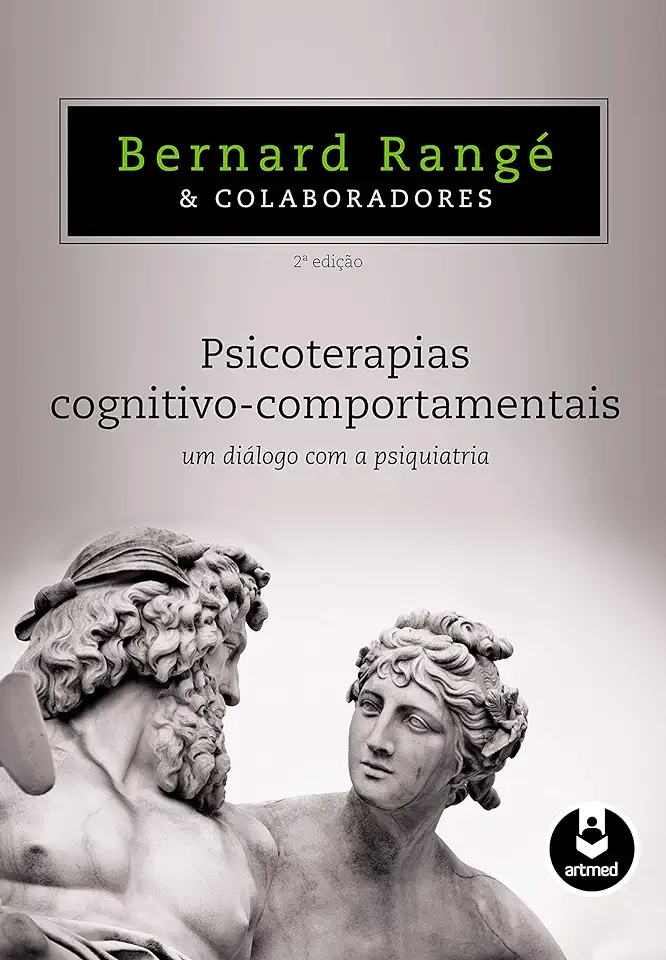
Cognitive Behavioral Therapy - Bernard Rangé
Cognitive Behavioral Therapy: A Guide to Changing Your Thinking and Improving Your Life
Introduction
Cognitive Behavioral Therapy (CBT) is a form of psychotherapy that helps people change their thinking patterns and behaviors. It is based on the idea that our thoughts, feelings, and behaviors are all interconnected, and that by changing one, we can change the others.
CBT has been shown to be effective in treating a wide range of mental health problems, including anxiety, depression, eating disorders, and substance abuse. It can also be helpful for people who are struggling with stress, relationship problems, or work-related issues.
How CBT Works
CBT works by helping people to identify and challenge their negative thinking patterns. These negative thinking patterns can lead to negative emotions and behaviors, which can then make our problems worse.
For example, someone who is struggling with anxiety may have a negative thinking pattern that tells them that they are going to fail. This negative thinking pattern can lead to feelings of fear and avoidance, which can then make it difficult for the person to function in their daily life.
CBT helps people to challenge these negative thinking patterns by asking them to question the evidence for and against them. They are also taught to develop more positive and realistic thinking patterns.
In addition to challenging negative thinking patterns, CBT also helps people to develop new coping skills. These coping skills can help people to manage their emotions, deal with stress, and solve problems.
Benefits of CBT
CBT has a number of benefits, including:
- It is effective in treating a wide range of mental health problems.
- It is a relatively short-term therapy, with most people seeing results in 12 to 16 weeks.
- It is a collaborative therapy, which means that the therapist and client work together to develop a treatment plan.
- It is a skills-based therapy, which means that clients learn skills that they can use to manage their mental health problems on their own.
Who Can Benefit from CBT?
CBT can benefit people of all ages, races, and ethnicities. It is particularly helpful for people who are struggling with:
- Anxiety
- Depression
- Eating disorders
- Substance abuse
- Stress
- Relationship problems
- Work-related issues
How to Find a CBT Therapist
If you are interested in trying CBT, there are a few things you can do to find a therapist:
- Ask your doctor or mental health professional for a referral.
- Search for a CBT therapist online.
- Contact your local mental health association.
Conclusion
CBT is a powerful tool that can help people change their thinking patterns and improve their lives. If you are struggling with a mental health problem, CBT may be the right treatment for you.
Enjoyed the summary? Discover all the details and take your reading to the next level — [click here to view the book on Amazon!]